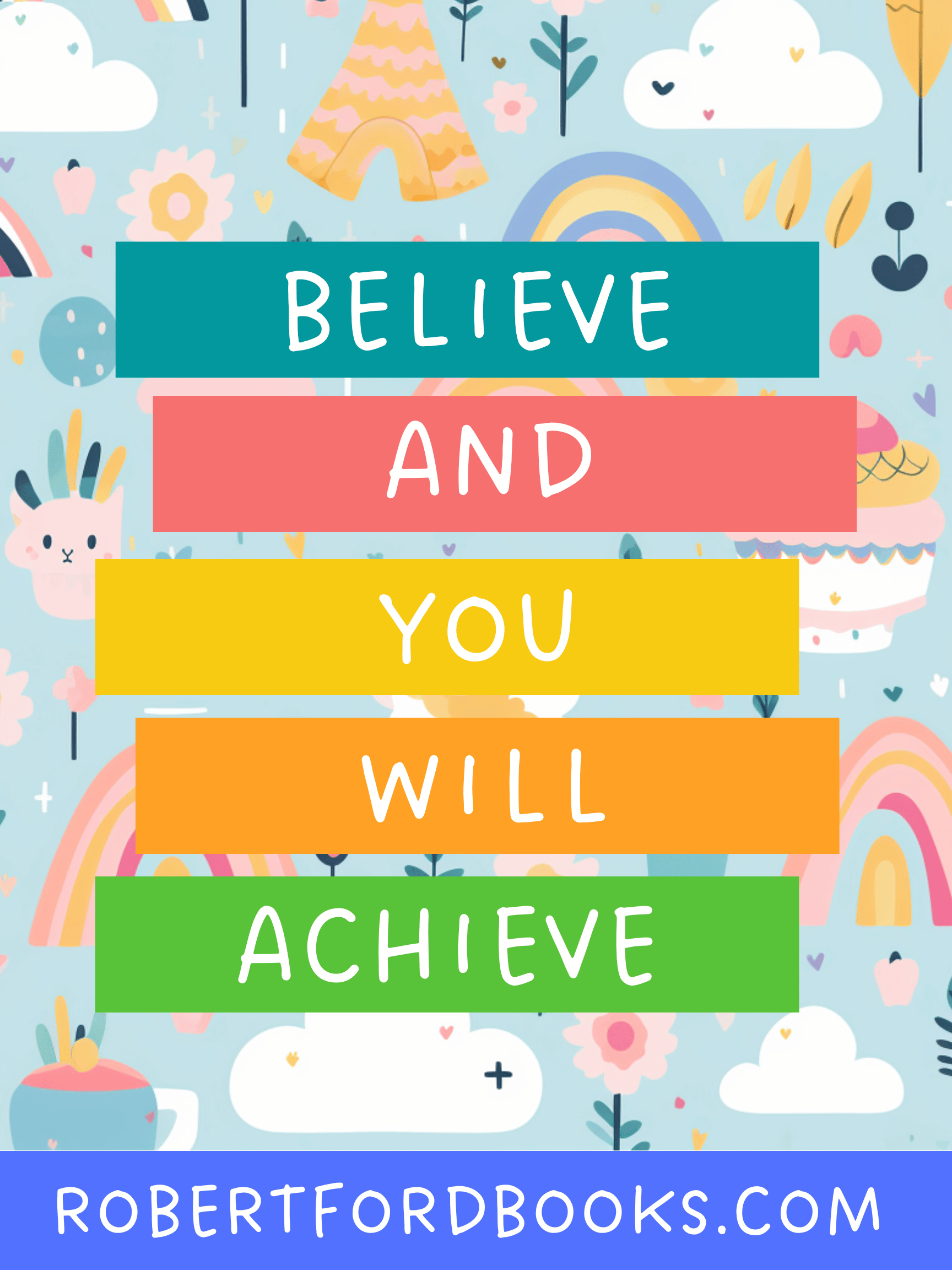Knowing how vs. knowing you can
As humans, we’re constantly learning new skills. Whether it’s developing a new technology, perfecting a sport, or advancing in a career, gaining knowledge and ability is a lifelong quest. But there is an important mindset difference between knowing how to do something and believing you can accomplish it.
Knowing how involves the concrete knowledge, training, tools and techniques required for a given task or domain. For example, a computer programmer knows how to code due to studying coding languages and frameworks. A musician knows how to play an instrument after years of practicing scales, chords, and songs. We consciously build our knowledge of how through education, training, and practical experience.
However, knowing you can taps into a different level of human potential. It goes beyond the nuts and bolts to connect with our inherent ability to achieve what we set our minds to. Knowing you can comes from cultivating self-belief, confidence, and a growth mindset. It’s the runner visualizing themselves crossing the finish line of a marathon. It’s the public speaker who knows they can inspire the audience, even if nervousness is present. In my case, it’s embracing the (soon to be) fact that I’m a published author, building out a book launch website, and setting myself the audacious goal of writing and publishing a book in 90 days!
Self-efficacy
Self-efficacy is defined as an individual’s belief in their own ability to succeed, accomplish tasks, and reach goals. More specifically, self-efficacy is:
-
- A person’s perception of their capacity to perform a specific task or behavior successfully.
- Judgment or evaluation of one’s competence and confidence in their skills and abilities to take on challenges and achieve desired outcomes.
- Based on context, which can vary across different tasks, situations, and domains of functioning.
- Informed by past experiences, modeling, forms of persuasion, and physiological factors like stress or fatigue.
- High self-efficacy is associated with setting more challenging goals, exerting more effort, persevering in the face of obstacles, and achieving at a higher level.
- Operates as a self-fulfilling prophecy – the stronger one’s belief in their capabilities, the more likely they are to mobilize their resources and demonstrate competence.
- Enhancible through mastery experiences, vicarious learning, verbal persuasion, and improving physical/emotional states.

Harnessing the power of knowing you can
Start by identifying limiting beliefs and false narratives about what you’re capable of. Become aware of self-talk patterns rooted in fear, imposter syndrome, or past failures. Then purposefully shift your inner voice to one of possibility and affirmation. Surround yourself with people who validate and believe in your potential. Challenge yourself incrementally to build confidence through small wins. Imagine the best possible outcome, not just adequate. Growth and achievement often start in the mind first.
While skills, knowledge, and talent are critical, unlocking their full potential requires the ignition of self-belief. Know that the ability to learn, adapt, and thrive lives within you, whatever endeavor excites your spirit. Trust in your capacity to figure things out, ask for help when needed, and give your dreams your all. You already know far more than you give yourself credit for. Keep reaching new heights by leaning into believing you can do amazing things.
